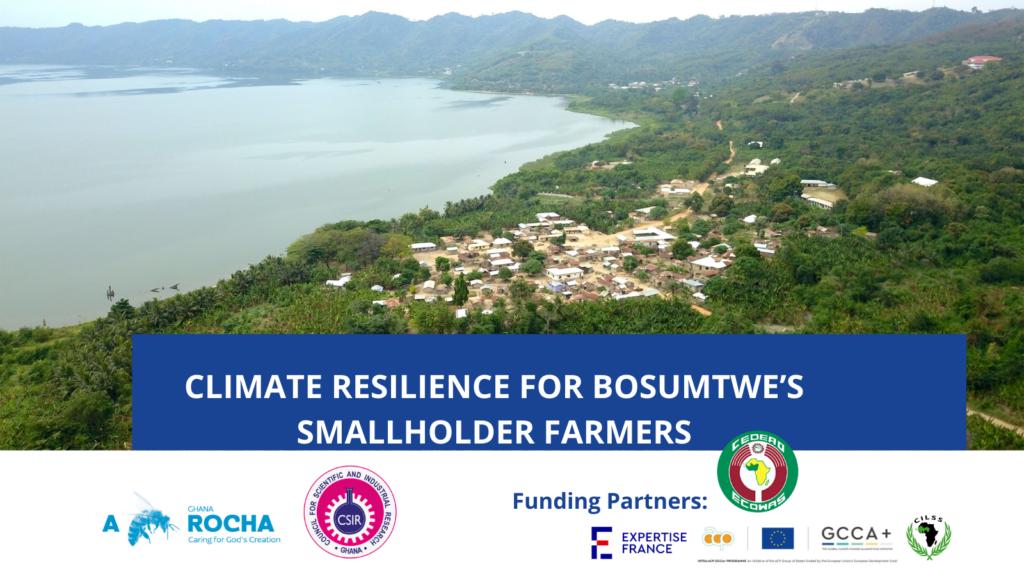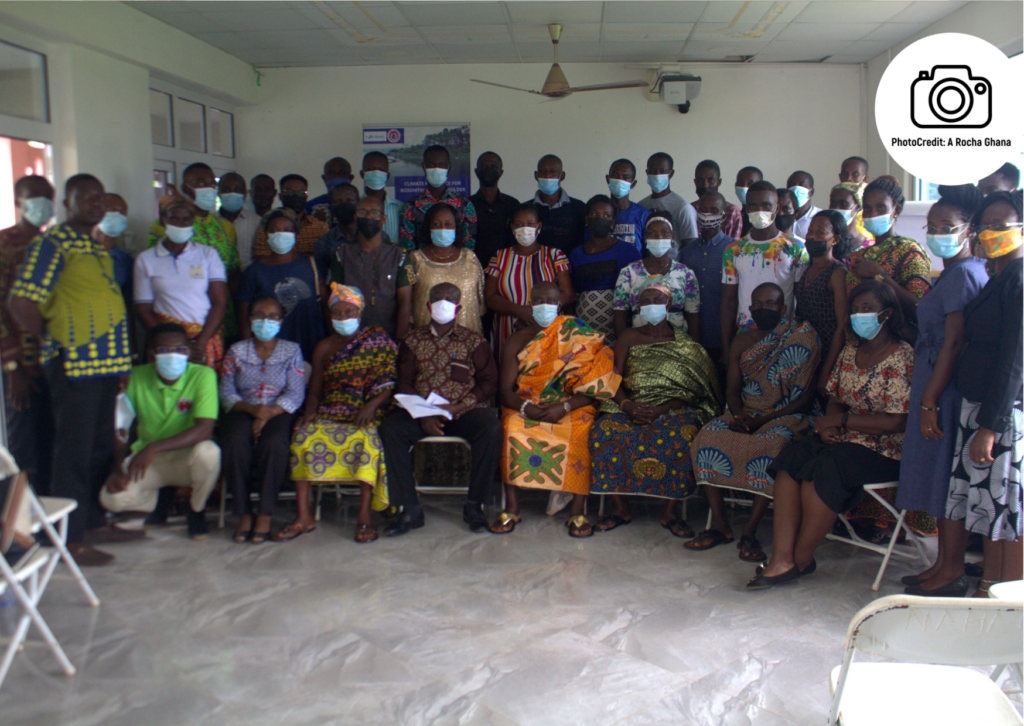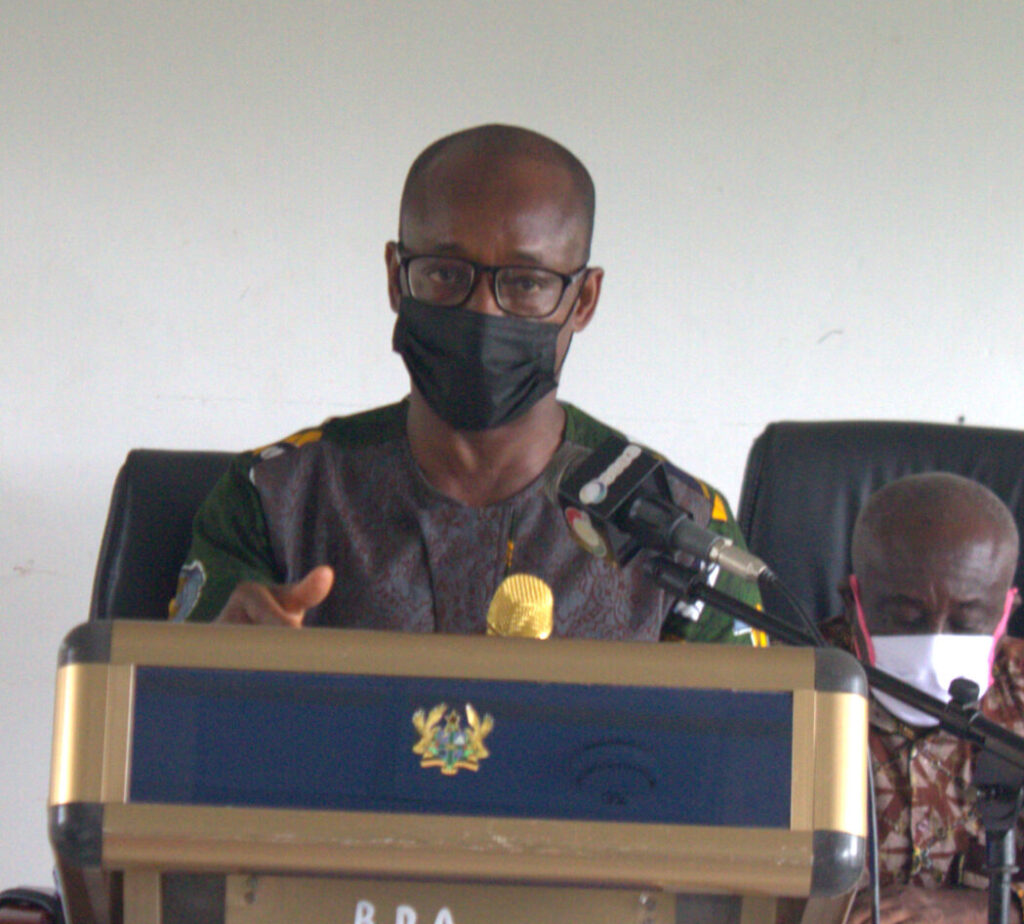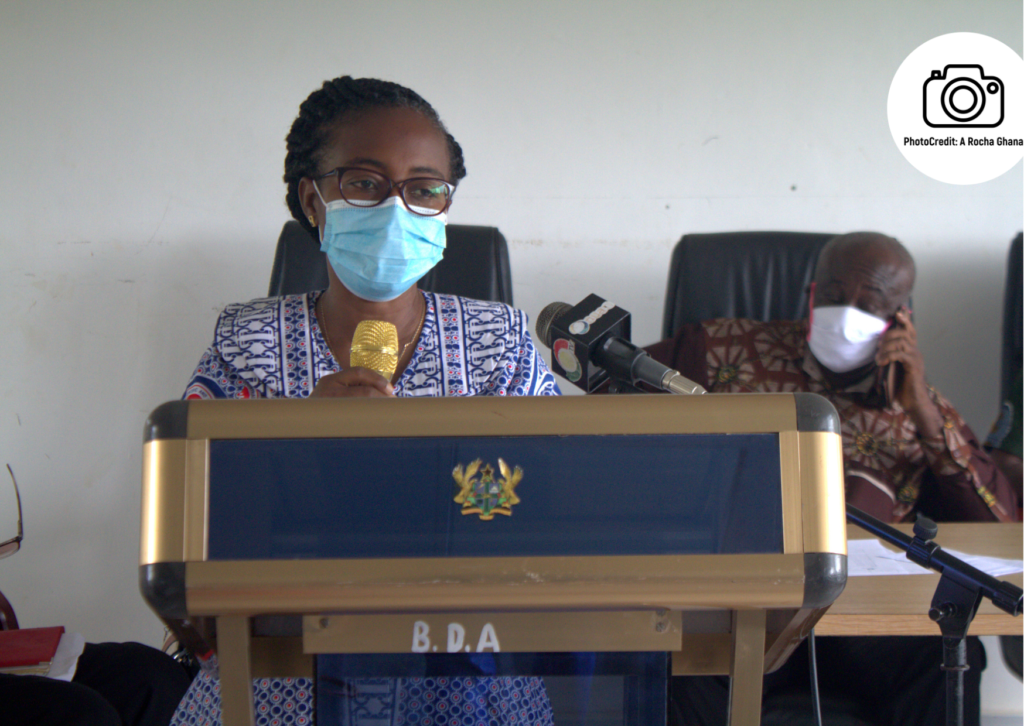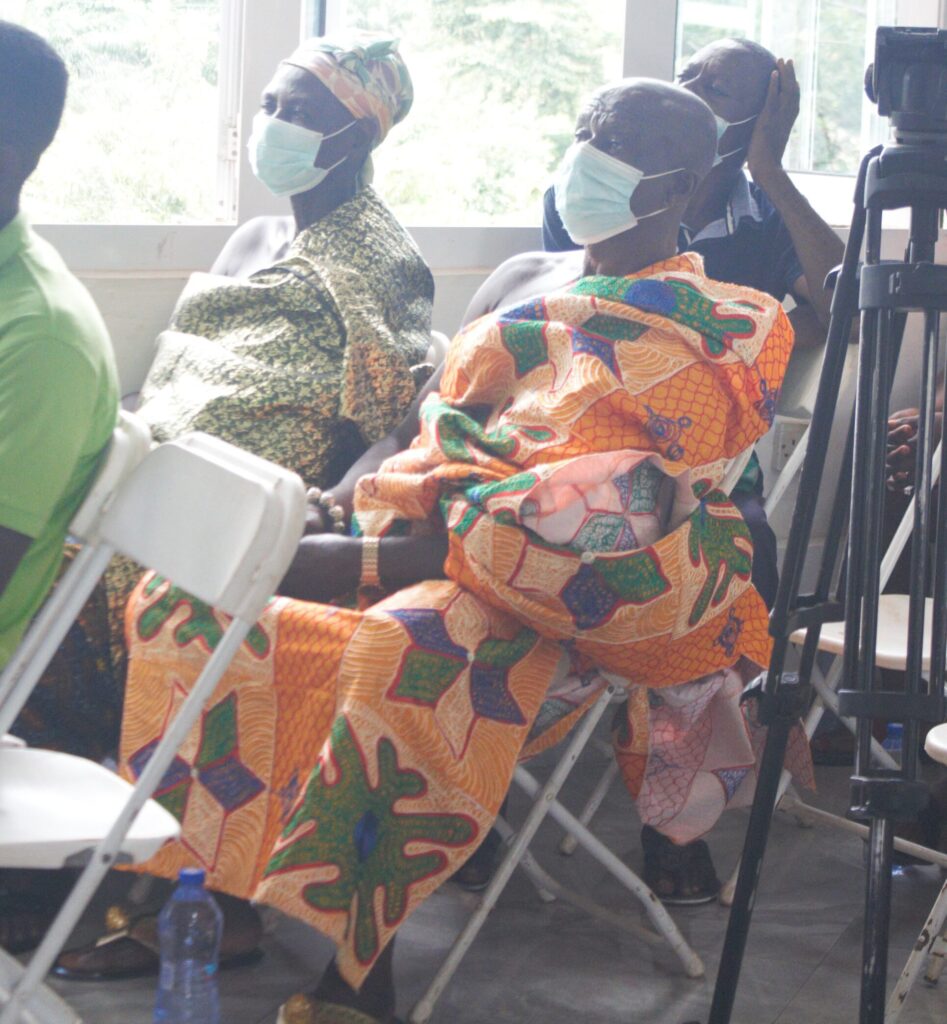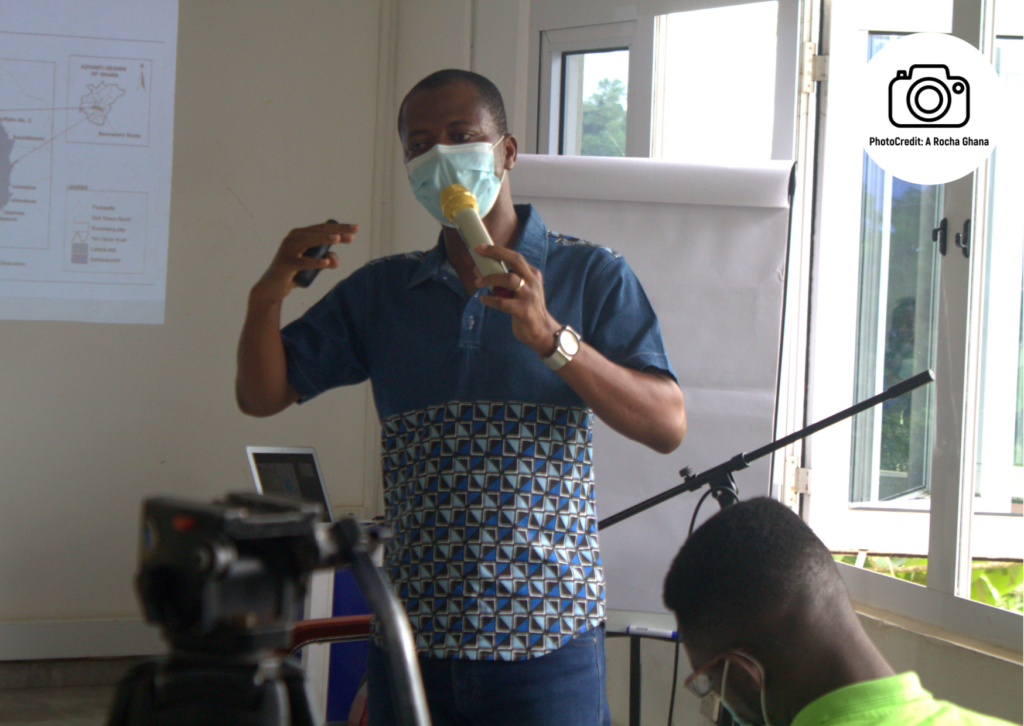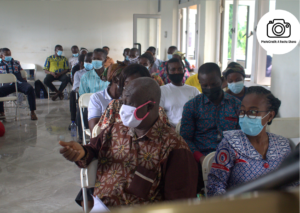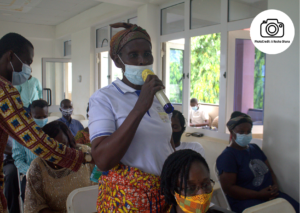ARG & Partners Build Capacity of Farmers In Climate Change
A Rocha Ghana (ARG) in partnership with the Council for Scientific and Industrial Research (CSIR)- Crop Research Institute, has begun building the capacity of farmers around Lake Bosumtwe in Climate change adaptation and mitigation techniques.
The project dubbed “Securing Climate Change Resilience and Mitigation by building Self-reliant Smallholder Farmers within the Lake Bosumtwe Landscape”, is funded by the European Union through Expertise France and ECOWAS and under the auspices of Global Climate Change Alliance Plus (GCCA+).
The main objective of the project is to support farmers in the Lake Bosumtwe Landscape to become self-reliant in securing Climate Change resilience and mitigation.
Like many developing countries in West Africa, Ghana is facing high impacts of climate change on development goals. This situation therefore demands interventions such as this, to integrate requirements for climate resilience, risk management into existing farming planning processes in a comprehensive and sustained manner.
The project which was officially launched on April 29, 2021 at Kuntanase in the Bosumtwe district of the Ashanti Region in Ghana, brought together all stakeholders to discuss project activities with expected deliverables, and to collaboratively agree a way forward towards successful project delivery.
Urgent need for climate mitigation actions
Speaking at the launch, National Director of ARG, Dr Seth Appiah-Kubi said climate change was causing a lot of devastation and that it was about time the effects were mitigated.
“Unmitigated climate effect affects productivity so, if farmers do not grasp and understand when they should start cropping, then definitely that will affect yields and lower yields mean their whole economic well-being will be affected. Not just the farmers will be affected but also the entire nation because we depend on farmers for food,” Dr. Appiah-Kubi noted.
He added that the project will go also go a long way to protect the only Natural Lake system in West Africa— Lake Bosumtwe, as farmers practice and use clean and clime-smart technologies in their farming endeavours.
Deputy Director of Crop Research at CSIR Professor Marian Quain expressed the readiness of her organization to support farmers fight climate change.
“We are looking at resilient cropping systems so that the farming and agricultural will go on uninterrupted even in the midst of Climate change.
“With Climate change, you are looking at early crop maturing varieties. We are looking at short-term cropping systems so that even with the little rain we can give the appropriate technology that is the farmer’s will do their planning and get more harvest than they used to get,” she said.
Still highlighting the need for climate mitigation actions, Mr. Sampson Adu Tieku, Regional Director for the Meteorological Service of Ghana said rainfall patterns were quite unstable, due to climate change.
“It is therefore prudent for all of us to understand and appreciate these changes, learn and practice climate-smart farming technologies with informed climate data for climate change adaptation, mitigation and food security,” he said.
In the same vein, Manageress for Pra Basin, Water Resources Commission, Mrs. Abena Dufie said, change in rainfall amounts and patterns is a good call to protect our water bodies, since they are the next option after rainfall for farming activities.
“Now is the best time for us to marshal forces and embrace best practices to protect water, our farms and meet the country’s food security agenda,” she said.
Nana Agyemang Danso (Chief of Duase Community, Representative of Chiefs) admitted to low yields in food protection in the area and was grateful for the timely intervention.
He said, “With open arms our people are ready to be taught the best ways to farm and improve livelihoods across various communities.”
Project Beneficiaries
Smallholder farmers, especially women, from eight communities around the Lake Bosumtwe are expected to benefit from new capacities for self-reliant farm decision making using locally specific information, and new skills in sustainable farming techniques.
Presenting the project details to participants, Projects Manager of ARG in the Ashanti Region, Mr. Prosper Kwame Antwi said Farmer Volunteers (majority women), Community Based Organisations (CBOs) and District Agricultural Extension Officers (DAEO) will also be trained as Climate Resilience Trainers to train farmers in PICSA and ecological agriculture approaches.
He added that the project will strategically involve the District Assemblies as well. Assembly officers will be supported to integrate climate change adaptation and mitigation as well as ecological agriculture systems into the MTDPs and action plans.
Beneficiaries present at the launch expressed commitment to learning from the project.
The project will run for 20 months.

